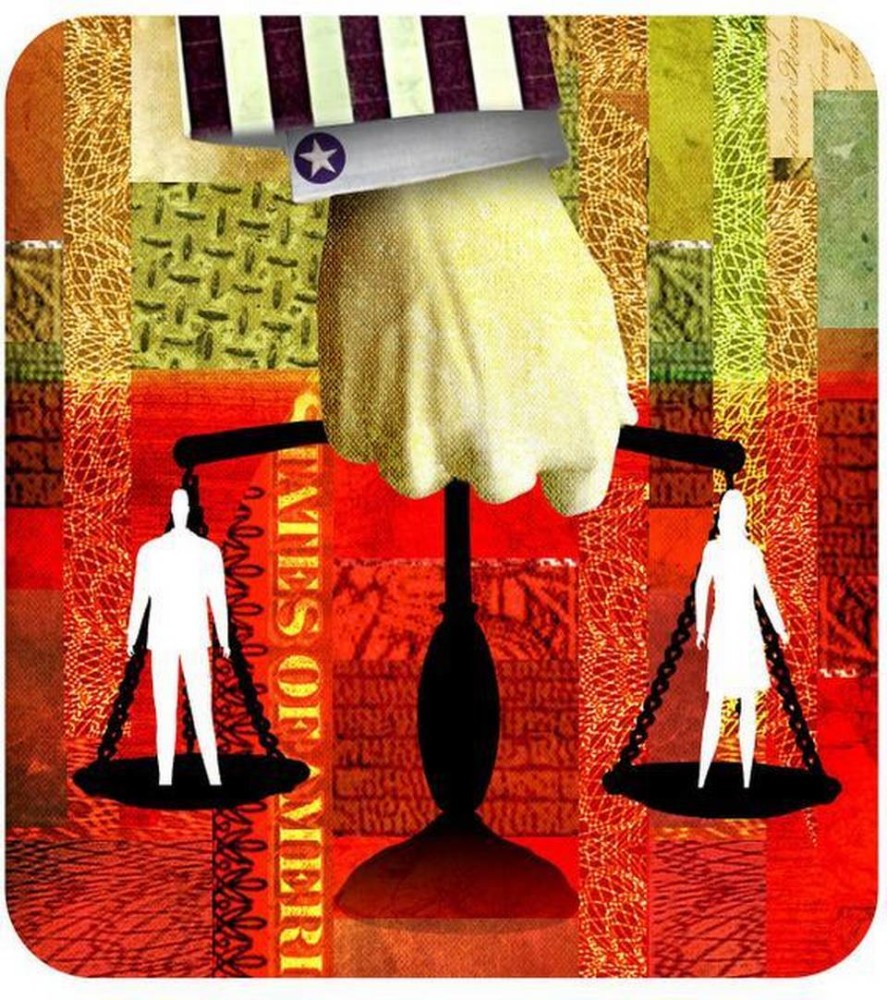By Michelle Quinn
San Jose Mercury News.
Much of the discussion about the lack of women in Silicon Valley has focused on numbers: Only 25 percent of the industry’s technical workforce is female, for instance, as are an equally low level of its managers.
But another number has received far less attention: The number on their paychecks. Women who work in computer and mathematical occupations make 84 cents to every dollar a man earns, or $214 less per week.
If Silicon Valley is serious about attracting more women, it’s time it paid more attention to that number.
That’s why two initiatives from two very different companies are so encouraging. While I think their efforts have flaws, the intent is noble.
They recast Silicon Valley, home of the “brogrammer,” as a place willing to break from business as usual to create an environment where women can thrive.
Pay disparities are also an area where companies can have an immediate impact, unlike efforts to increase the number of women in the so-called “pipeline” of future tech workers at colleges and even high schools.
In the most ambitious of the efforts, Salesforce, the San Francisco-based business-software giant, is conducting an analysis of the gender pay gap of its 16,000 employees, and CEO Marc Benioff said he would correct any gender disparities.
Meanwhile, Ellen Pao, interim CEO at Reddit (and better known for her role in her failed gender discrimination lawsuit against Kleiner Perkins Caufield & Byers), said her company wouldn’t negotiate salaries anymore. In a statement, the company said that “just because one person is a better negotiator does not mean they should be paid more than another person with similar experience performing a similar role.” Reddit offers candidates two nonnegotiable options, one with a higher base salary, and the other with higher equity.
“Most executives like to tell you, ‘Well, we would like to do something,’ but they don’t like to make themselves accountable,” said Noni Allwood, a senior fellow at the Center for Talent Innovation who led Cisco’s diversity and inclusion program.
“We see a radical difference when the CEO is involved and accountable,” she said.
There are a variety of theories and studies out there about what contributes to pay disparity, both on the women’s side as well as the employers’ side. Women don’t negotiate as well as men, some say. Or, even when women negotiate like men, they are penalized by both male and female managers as someone people don’t want to work with.
Whatever the reasons, companies need to start somewhere to address it. And with Salesforce the push, oddly enough, started with the Academy Awards.
Leyla Seka, a senior vice president, and Cindy Robbins, head of the firm’s human resources department, had been eager to do something to address the gender pay disparity. But they weren’t sure how to approach what seemed like an edgy issue.
When actress Patricia Arquette, in her speech accepting her Oscar for Best Supporting Actress for her role in the movie “Boyhood” called for an end to wage inequality, Seka said she was inspired to press the issue.
“I was moved to see the women of Hollywood standing up,” she said. “It mainstreamed it.”
Last month, Robbins and Seka pitched their idea to Benioff, to analyze pay at the firm by gender and then raise women’s pay if they are paid less than men in similar positions.
“I don’t know if we have a problem,” Seka told me. “But I decided, let’s hold ourselves to task and take a look.”
Benioff went for it, telling the Huffington Post that his job is to make sure men and women are treated 100 percent equally and “when I’m done there will be no gap.” Seka and Robbins are currently hiring an outside firm to do the pay analysis.
Like any project in its early phases, each company’s approach has drawbacks.
Not every tech company has the resources of Salesforce, which reported $5.37 billion in sales in 2014, to do the analysis and then to spend more on salaries. (And of course if Salesforce is taken over, a possibility that emerged Wednesday, it’s uncertain whether new owners would share that commitment.)
In addition, it’s unclear how its plan would address discrepancies that begin at the company’s door when men may negotiate better, or how it would tackle inherent biases in the system that will continue to reward men more.
As for Reddit, a much smaller firm, it may seem heroic to ban negotiations by fiat. But what happens when the private company is looking to hire a star engineer, male or female, who has multiple offers?
Still, even if Salesforce and Reddit’s efforts result in just a handful of women making the same as male colleagues, they represent a Silicon Valley that is true to its roots. It is a place willing to rethink and change how the world works.
It’s about time that the tech industry becomes as innovative in how it treats women as it is in how it develops products.
___
ABOUT THE WRITER
Michelle Quinn is a business columnist for the San Jose Mercury News.














































































































































































































































































































































































